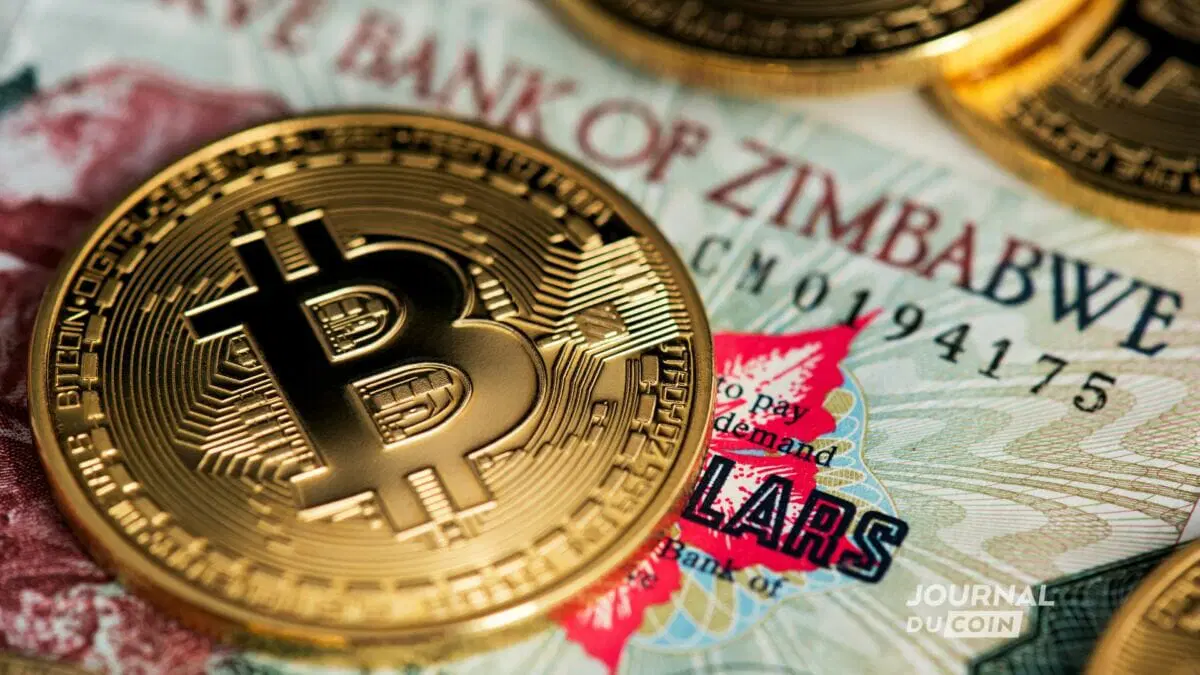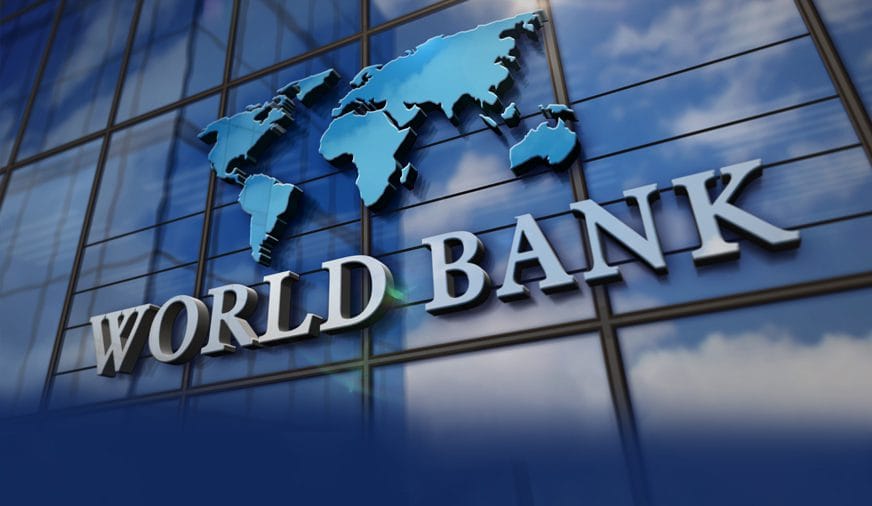With Zimbabweans' lack of confidence in the national currency, the government decided to introduce a digital currency backed by gold, which would allow citizens to store value and protect themselves from high exchange rate volatility.
Zimbabwe will soon launch a gold-backed digital currency in a bid to stabilize its fiat currency, whose continued depreciation against the US dollar is strangling the economy, local weekly The Sunday Mail reported on April 23, citing the governor of the Central Bank. , John Mangudya.
“This will allow people holding small amounts of Zimbabwe dollars to exchange them for digital tokens to store value and protect against currency volatility,” Mangudya stated.
He said that the current high volatility of the exchange rate is related to expectations of an increase in the supply of foreign currency in the market with the start of the tobacco auction season.
The Tobacco Industry and Marketing Board (TIMB) announced on March 8 that national tobacco production is expected to increase by 8.5% in 2023, to 230 million kg, due to good weather conditions and increased the planted area.
Zimbabwe has been in a serious economic crisis since the early 2000s, after former President Robert Mugabe's land reform bankrupted a key sector of the country's economy and forced it to default on nearly $13 billion in debt to the Bank. World Bank, the African Development Bank (AfDB), the European Investment Bank (EIB) and the member countries of the Paris Club.
The expropriation of white farmers discouraged foreign investment and caused a sharp drop in exports, leading Mugabe to start the money printing machine, which led to a long period of hyperinflation. Against this backdrop, the government was forced to abandon the Zimbabwe dollar in favor of the US dollar in 2009. The Zimbabwe dollar was then reintroduced in 2019 in an attempt to revive the stagnant economy, but has since continued to depreciate against the banknote. green.
Confidence in the Zimbabwean currency has been low since people saw their savings wiped out by hyperinflation that reached 5 billion percent in 2008, according to the IMF. Most Zimbabweans prefer to obtain US dollars in the illegal market to keep them as savings.
Source: EcomNewsAfrique







